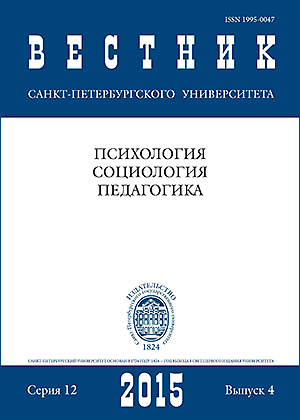SOCIAL CAPITAL: TOWARDS GENERALISATION OF THE CONCEPT
Abstract
Since the 1990´s the concept of `social capital´ has become widely used in sociological, economic and political fields of research; however, a common understanding of social capital is missing. The concept of social capital as a theory of non-economic social resources reflects an alternative approach to the economic theory developed by the well-known eighteenth century Scottish economist Adam Smith. There is a need to formulate a general understanding of the concept of social capital, covering contemporary debates as a starting point for its further generalisation on the basis of interdisciplinary sociological approach. A comparison of the concepts of social capital developed in the twentieth century by P. Bourdieu, P. Putnam and J. Coleman reveals on the one hand, differences in the understanding of the social capital related to researcher´s interest. However on the other hand, a commonality exists as social capital acts as a resource for building up and consolidating trustful relationships. The analysis allows us to draw a general understanding of social capital as the balance of personal and public interests which arises and grows individually, within groups and societal clusters as a result of interaction among participants of social networks and their collective action. A fruitful way for further study of social capital may embrace the impact of the institutional structures, identify the negative, dysfunctional qualities of the resource of social capital. In doing so, alternative understandings such as «social and communication assets», and ideas contained, for example, in the theory of discourse by J. Habermas, could enrich the theoretical discussion about social capital. Refs 21. Table 1.
Keywords:
Social Capital, Trust, Interaction, Social Norms, Sociological Theory
Downloads
References
References
Downloads
Published
How to Cite
Issue
Section
License
Articles of "Vestnik of Saint Petersburg University. Sociology" are open access distributed under the terms of the License Agreement with Saint Petersburg State University, which permits to the authors unrestricted distribution and self-archiving free of charge.




